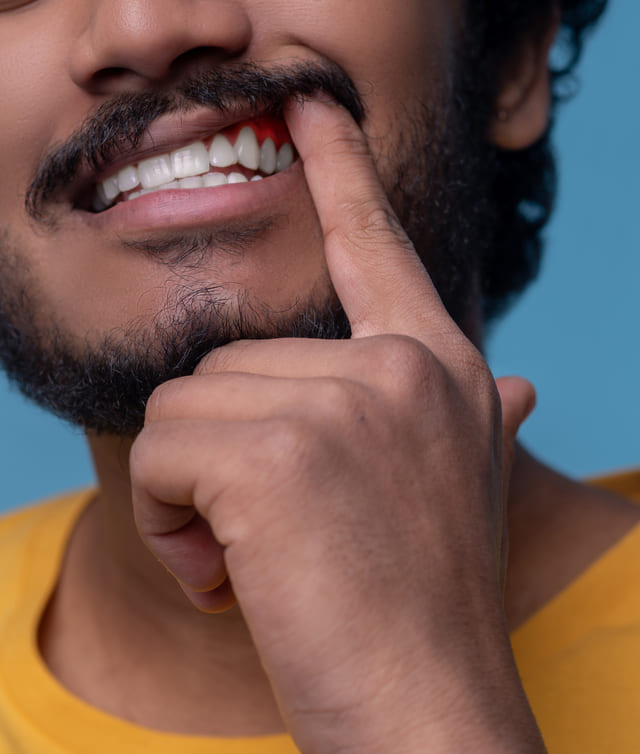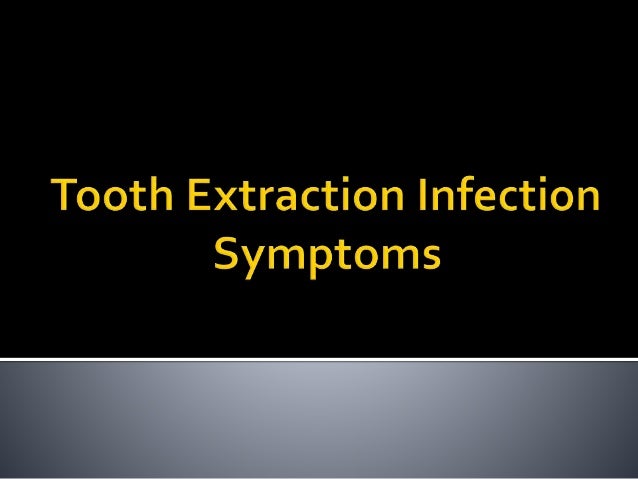Tingling Teeth Causes Revealed

The unsettling sensation of tingling teeth can be a mystifying and unsettling experience, leaving many to wonder about the underlying causes. This peculiar phenomenon can manifest in various forms, from a mild, fleeting tingle to a persistent, stabbing sensation that refuses to subside. As we delve into the world of oral health, it becomes clear that the potential causes of tingling teeth are multifaceted and far-reaching, encompassing a range of factors that can be both surprising and enlightening.
The Anatomy of a Tingle
To comprehend the intricacies of tingling teeth, it’s essential to understand the complex network of nerves and blood vessels that permeate the oral cavity. The teeth, gums, and surrounding tissues are innervated by a vast array of nerve endings, which transmit sensory information to the brain, enabling us to perceive sensations such as pain, pressure, and, indeed, tingling. The trigeminal nerve, in particular, plays a pivotal role in oral sensation, as it branches out to supply the teeth, gums, and facial tissues with sensory and motor fibers.
Dental Origins
One of the primary causes of tingling teeth is rooted in dental issues. Tooth decay, gum disease, and enamel erosion can all contribute to the sensation of tingling, as the underlying nerve endings become exposed or irritated. In the case of tooth decay, the bacterial acids produced by oral microorganisms can penetrate the tooth enamel, reaching the sensitive dentin beneath and triggering a tingling response. Similarly, gum disease can cause the gums to recede, exposing the roots of the teeth and leading to increased sensitivity and tingling.
Sinus Pressure and Nasal Congestion
In some instances, tingling teeth can be attributed to sinus pressure and nasal congestion. The maxillary sinuses, located in the cheekbones, are positioned in close proximity to the upper teeth, and when these sinuses become inflamed or congested, the resulting pressure can radiate to the teeth, producing a tingling sensation. This phenomenon is often observed in individuals suffering from sinusitis, colds, or allergies, where the nasal passages and sinuses become swollen and inflamed.
Nutritional Deficiencies and Hormonal Fluctuations
Nutritional deficiencies, particularly those related to vitamin and mineral imbalances, can also contribute to the development of tingling teeth. A lack of essential nutrients such as calcium, vitamin D, or magnesium can affect the health and integrity of the teeth and gums, leading to increased sensitivity and tingling. Hormonal fluctuations, such as those experienced during pregnancy or menopause, can also impact oral health, as changes in estrogen levels can affect the blood vessels and nerve endings in the oral cavity.
Neurological and Systemic Factors
In some cases, tingling teeth can be a symptom of a broader neurological or systemic issue. Conditions such as multiple sclerosis, peripheral neuropathy, or fibromyalgia can all manifest with oral symptoms, including tingling teeth. Additionally, certain medications, such as those used to treat depression or high blood pressure, can produce tingling sensations in the teeth and mouth as a side effect.
The Role of Stress and Anxiety
Stress and anxiety can also play a significant role in the development of tingling teeth. When we experience stress, our body’s “fight or flight” response is triggered, causing the release of stress hormones such as cortisol and adrenaline. These hormones can lead to increased blood flow and pressure in the oral cavity, resulting in a tingling sensation. Furthermore, individuals who grind or clench their teeth in response to stress may experience increased sensitivity and tingling due to the excessive wear and tear on the teeth and jaw.
Diagnosis and Treatment
If you’re experiencing persistent or severe tingling teeth, it’s essential to consult with a dental professional to rule out any underlying conditions that may require medical attention. A thorough examination, including X-rays and a review of your medical history, can help identify the cause of the tingling and inform the development of an effective treatment plan. Depending on the underlying cause, treatment may involve dental procedures such as fillings or crowns, medication to manage pain or inflammation, or lifestyle modifications to address nutritional deficiencies or stress.
Prevention and Management
While tingling teeth can be an unsettling experience, there are several steps you can take to prevent or manage the condition. Practicing good oral hygiene, including regular brushing and flossing, can help prevent dental issues that may contribute to tingling teeth. Additionally, maintaining a balanced diet rich in essential nutrients, managing stress through relaxation techniques such as meditation or deep breathing, and avoiding habits such as teeth grinding or clenching can all help reduce the likelihood of experiencing tingling teeth.
It's essential to note that tingling teeth can be a symptom of a broader issue, and seeking professional advice is crucial to determine the underlying cause and develop an effective treatment plan.
Frequently Asked Questions
What are the most common causes of tingling teeth?
+The most common causes of tingling teeth include dental issues such as tooth decay and gum disease, sinus pressure and nasal congestion, nutritional deficiencies, and hormonal fluctuations.
Can stress and anxiety cause tingling teeth?
+Yes, stress and anxiety can contribute to the development of tingling teeth. The release of stress hormones can lead to increased blood flow and pressure in the oral cavity, resulting in a tingling sensation.
How can I prevent or manage tingling teeth?
+Practicing good oral hygiene, maintaining a balanced diet, managing stress, and avoiding habits such as teeth grinding or clenching can all help prevent or manage tingling teeth.
In conclusion, the causes of tingling teeth are diverse and multifaceted, encompassing a range of factors that can be both surprising and enlightening. By understanding the underlying mechanisms and seeking professional advice when necessary, individuals can take the first steps towards addressing this unsettling phenomenon and restoring their oral health. Whether through dietary modifications, stress management, or dental interventions, there are numerous ways to prevent or manage tingling teeth, ensuring a healthier, more comfortable smile for years to come.


